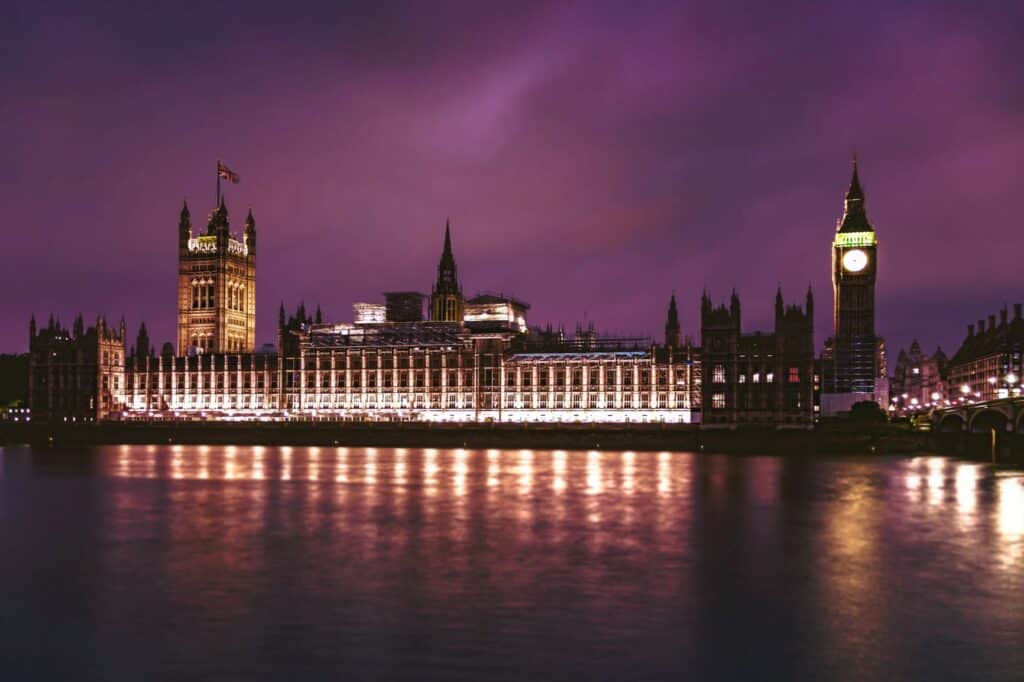Rishi Sunak’s second budget was a mixture of spending and starting to map how he plans to balance the books. Here’s a quick summary of the main points:
Personal income tax
Both the personal allowance (the amount you can earn before paying tax) and higher rate threshold will rise from April 2021 (to £12,570 and £50,270 respectively), but will then freeze at that level until April 2026.
Capital gains tax (CGT)
This will be frozen at £12,300 until April 2026.
Inheritance tax (IHT)
This will be frozen at £325,000 until April 2026. The residence nil rate band will be frozen at £175,000.
Pensions lifetime allowance
This will be frozen at £1,073,100 until April 2026.
Individual Savings Accounts (ISAs)
These will remain at £20,000 until April 2026.
Property
The government will be introducing a new mortgage guarantee scheme in April 2021 which will give lenders guarantees to offer 95% mortgages for homes up to £600,000 across the UK. The temporary extension to the Stamp Duty Land Tax nil rate band is being extended. It will be £500,000 until the end of June 2021, then £250,000 until the end of September 2021.
Corporation tax
Corporation tax will increase to 25% from April 2023. Businesses with profits under £50,000 will continue to be taxed at 19% and there will be a taper system so that only businesses with profits over £250,000 will be taxed at 25%.
Furlough scheme
The furlough scheme will continue until the end of June 2021. There will then be an expectation for employers to contribute to the cost of this until the end of September 2021 when it ends. Employers will be expected to contribute 10% in July and 20% in August and September.
Self-Employment Income Support Scheme (SEISS)
A fourth SEISS grant will be available for February, March, and April 2021 and will cover 80% of monthly profits up to a maximum of £2,500 per month. A fifth grant, covering May, June and July 2021 will also be available.
People who became self-employed in the 2019/20 tax year, and have filed a 2019/20 tax return, will also be eligible for the fourth and fifth grants, helping an additional 600,000 workers.
Super Deduction for capital allowances
From 1 April 2021 until March 2023, companies that invest in new plant and machinery may benefit from a 130% first year capital allowance.
Help for the tourism and hospitality sectors
An additional £5 billion in government grants to businesses in these sectors was announced. Non-essential retail businesses will receive grants of up to £6,000 per premises, while hospitality and leisure businesses will receive grants of up to £18,000.
Sunak also confirmed an extension to the temporary 100% business rates relief for hospitality, retail, and leisure until the end of June. He will then discount business rates by two-thirds, up to a value of £2 million for closed businesses, with a lower cap for those who have been able to stay open.
The temporary rate of VAT of 5% for these sectors will be extended until September 2021. The rate will then rise to 12.5% until March 2022 before returning to normal.
Summary
The chancellor is still propping up businesses, however, business owners and taxpayers will pay more as a result. However, instead of immediate pain, most of these will be felt gradually over the next few years.
On a personal tax front, with rising earnings, more people will likely creep into higher rate tax bands. Growth in investments, properties and pensions will push more people into paying CGT, IHT and LTA on pension savings.
The rise in corporation tax will definitely be felt by small and medium sized businesses and will make pension planning for business owners even more relevant. We will, of course, discuss this with our clients where relevant.
If you would like to have a chat about how the budget might affect your planning, please do get in contact.



 Production
Production
